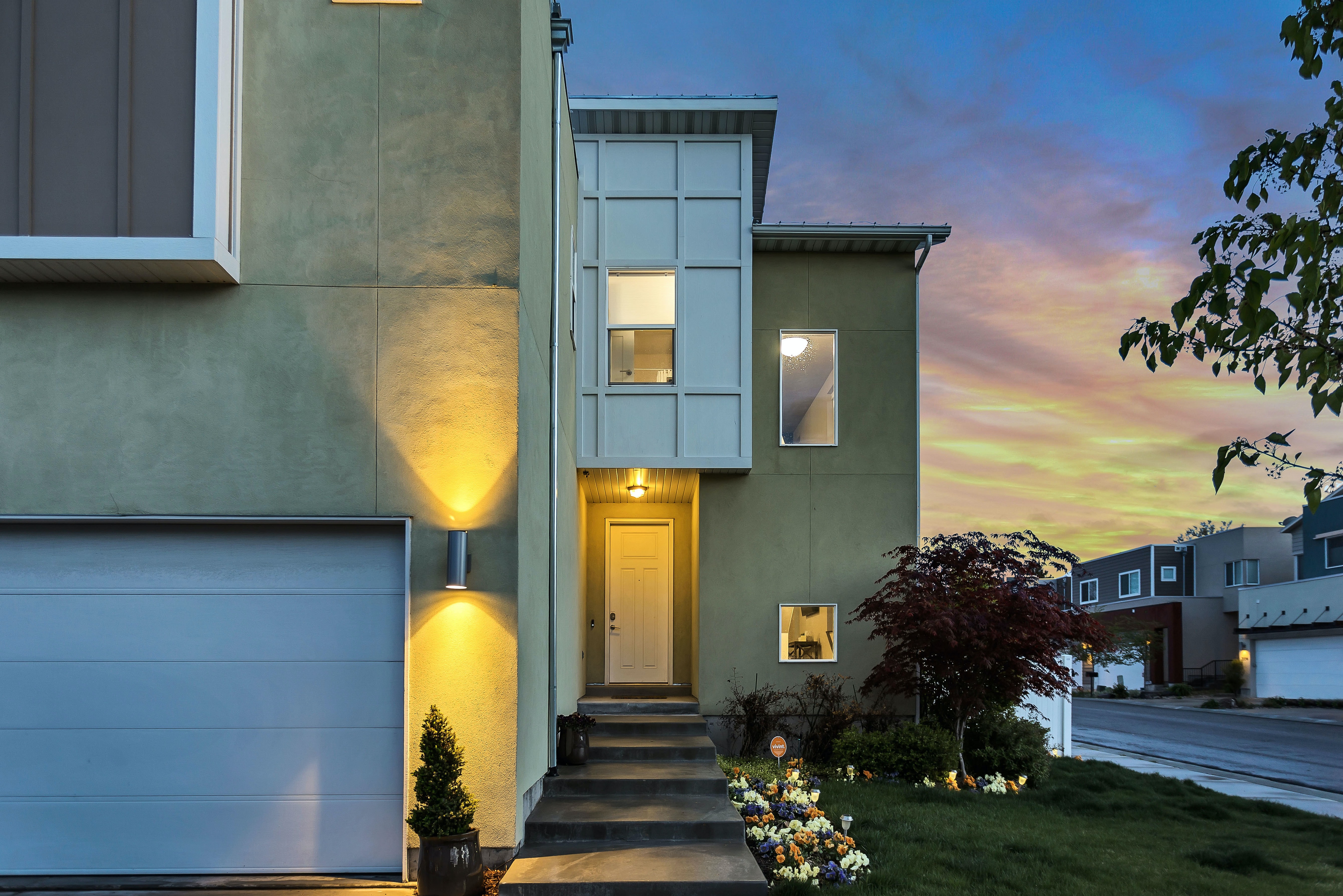What is ‘over-capitalising’ and how do I stop it from happening?
Many people make the mistake of over-capitalising when it comes to home renovations. Put simply, over-capitalising is when the cost of renovations outweighs how much value it will add to a property.
Here are a few ways to prevent over-capitalising:
- Get a property valuation
Your first step should be to have your property valued by a professional. The value may have changed since you purchased it and its value should guide your decision on how much to spend on renovations.
- Know your neighbourhood
In addition to your own property, it is important to take into account the value of the surrounding neighbourhood properties. Neighbourhoods will generally have a certain price threshold which buyers and renters are willing to pay.
For example, you purchase a ‘fixer upper’ for $350,000 in an area where the top dollar for the best house in the area is $600,000. If you spend $350,000 in renovations, you have now spent $700,000 on the property. Selling the property would be a difficult task as buyers would be unwilling to pay above the price threshold for the neighbourhood.
- Create a budget
Take the time to work out a realistic budget which you are prepared to commit to. When you know how much you’re willing to spend, you can get your finances in order and focus on renovations that fit your budget.
- Make strategic renovations
Renovate the parts that create the most value, such as adding a bedroom or outdoor deck, upgrading kitchens and bathrooms, polishing floorboards, opening up a wall and landscaping. High maintenance renovations, like a pool, can be difficult to manage financially. Source appliances and renovation materials from online discounters. Importantly, make smart, small choices over large risky ones. For example, avoid strong paint colours that can make a living space too personal, as it can limit the number of buyers who may look at the property in the future when you are selling.
Do not make renovations that will limit what future renters or buyers can do with a home. By customizing the space and changing its structure, you’re ensuring that future homeowners will either have to share your interests or be forced to pay for renovations of their own.
Contributor: Sharon Palmer – Operations Manager, Jacques Financial Group













